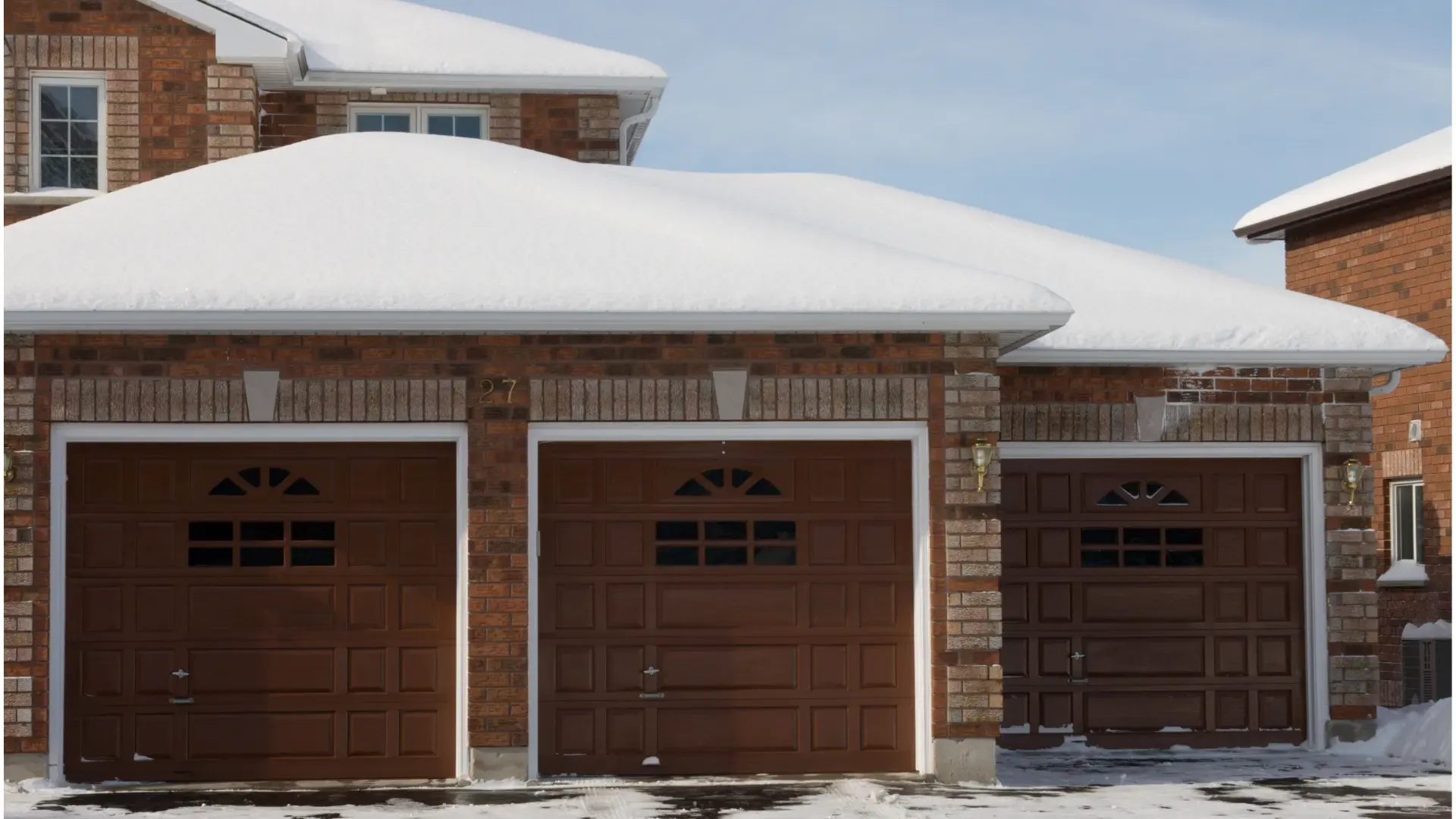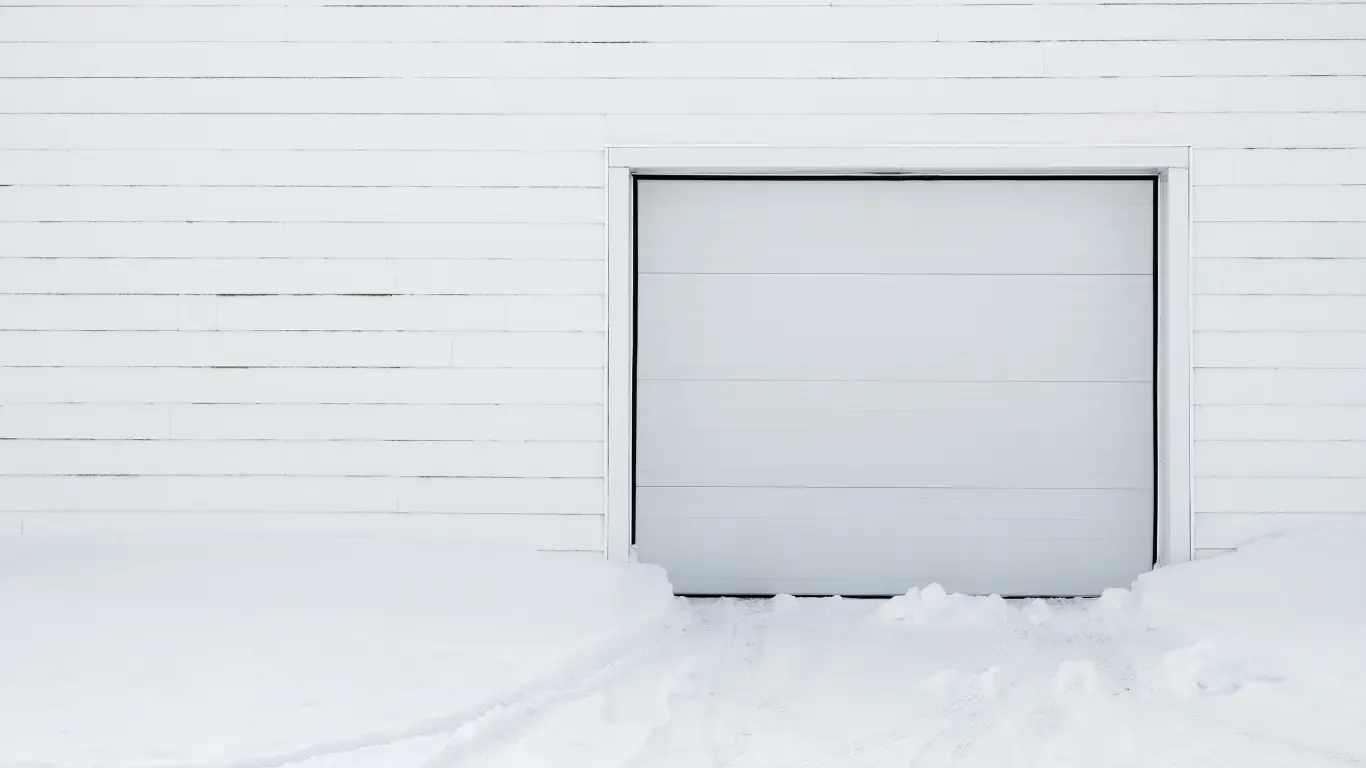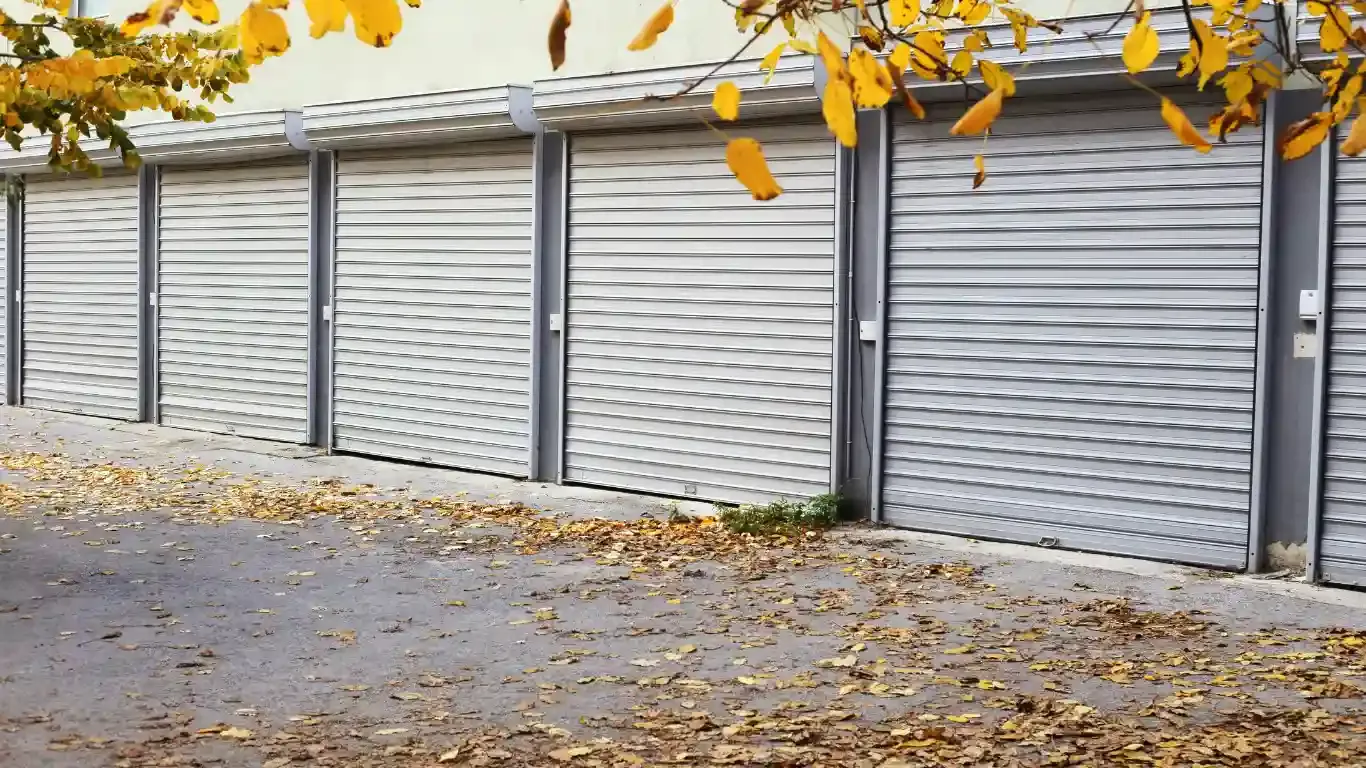Winter Garage Door Maintenance Tips
Published: Dec 5, 2024
Is your garage door ready to face the winter challenges? As temperatures drop, ensuring proper garage door maintenance becomes crucial for both functionality and home energy efficiency. In this guide, we'll explore essential winter preparation strategies, focusing on two critical aspects: effective insulation techniques and solutions for common cold-weather operation issues.
Before winter takes its toll on your garage door, let Up & Down Garage Doors help you prepare. Our expert technicians specialize in winter-proofing garage doors and can assess your door's insulation needs and mechanical readiness. Don't wait for problems to arise – contact us today to schedule your winter preparation service!
How to Insulate Your Garage Door for Maximum Winter Protection
When it comes to garage door maintenance tips, proper insulation stands as a top priority for winter garage door preparation. Any reputable garage door company will tell you that preparing your garage door for winter lies in choosing the right insulation materials and ensuring proper installation. Start by measuring your door's R-value – the higher the value, the better the garage door insulation.

There are several insulation options available, with the most popular being rigid foam boards and fiberglass batts. Rigid foam boards, such as polystyrene or Poly isocyanate, offer excellent insulation properties and are easy to install. Fiberglass bats, while slightly more challenging to work with, provide outstanding thermal resistance and are cost-effective.
Before installation, thoroughly clean the garage door and check for any damage that needs repair. When preparing your garage door for winter, install weatherstripping around the door frame to prevent cold air infiltration. For sectional doors, rubber seals between panels to eliminate gaps. Don't forget about the bottom seal – a properly fitted rubber gasket can prevent snow, ice, and cold air from seeping underneath the door.
Consider installing an insulation kit specifically designed for garage doors, which often includes all necessary materials and detailed instructions. Decisions about how to prepare your garage door for winter should always include paying special attention to the door's weight after adding insulation, as some opener systems may need adjustment to handle the additional weight. Professional installation is recommended if you're unsure about handling the project yourself.

Troubleshooting Cold Weather Door Operation: Common Issues and Solutions
Winter weather creates unique challenges, and one common complaint is "garage door won’t open in cold weather." Understanding these issues and their solutions is essential for effective winter garage door preparation. Metal components contract in cold temperatures, affecting the door's balance and alignment, which is why garage doors won’t open in cold weather issues are so common. Regular lubrication with cold-weather-rated products can help prevent this issue.

Another common problem is frozen seals and weatherstripping. When moisture seeps into these areas and freezes, it can literally seal your door shut. To prevent this, apply a silicon-based lubricant to weatherstripping before freezing temperatures arrive. If your door does freeze shut, avoid forcing it open, as this can damage both the door and opener. Instead, use a heat gun or hairdryer to carefully thaw the frozen areas.
Motor problems are also prevalent in winter. Cold temperatures can thicken the lubricant in your opener's motor, making it work harder than usual. If you notice slower operation or unusual noises, check the opener's sensitivity settings. Many modern openers have force adjustment features that can be modified for winter conditions. Additionally, inspect the door's spring system regularly, as cold weather can affect spring tension and performance.
Regular maintenance should include checking and tightening all hardware, as temperature fluctuations can cause bolts and screws to loosen over time. Keep tracks clean and free of debris, and ensure rollers move smoothly to prevent unnecessary strain on the opener system.

Summing up
As winter approaches, protecting your garage door becomes crucial for your home's functionality and energy efficiency. From proper insulation techniques to troubleshooting common cold-weather issues, taking preventive measures can save you from costly repairs and inconvenience during the harsh winter months. Don't wait until problems arise – prepare your garage door now for the challenges ahead.
Need expert help with your winter garage door preparation? Contact Up & Down Garage Doors today! Our experienced technicians will ensure your garage door is winter-ready and operates smoothly. Call us to schedule your maintenance appointment.
You may also like


